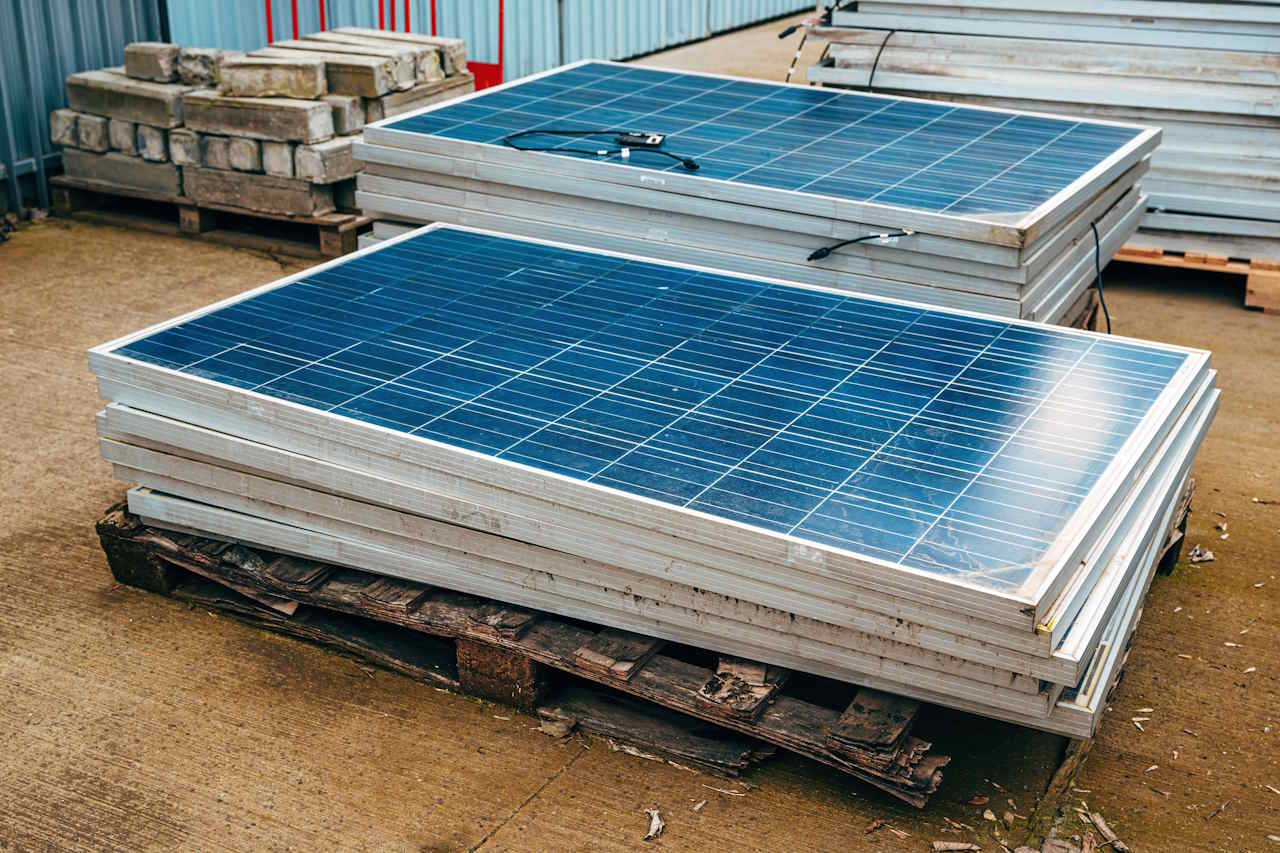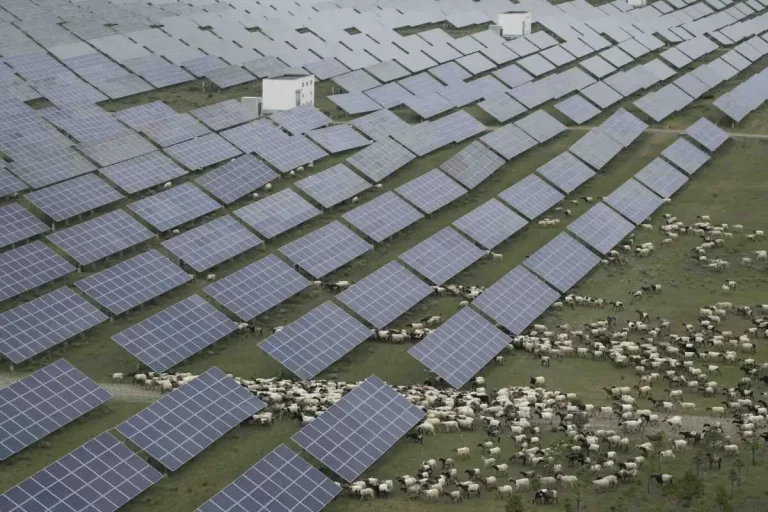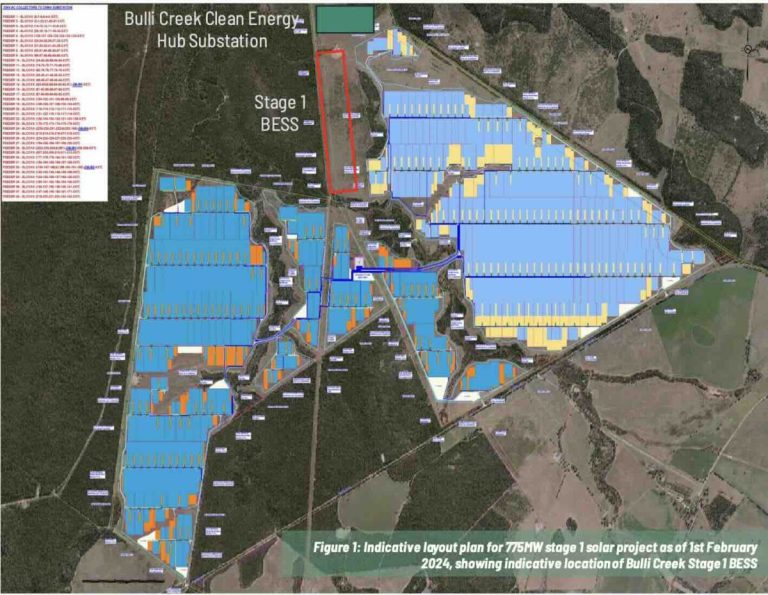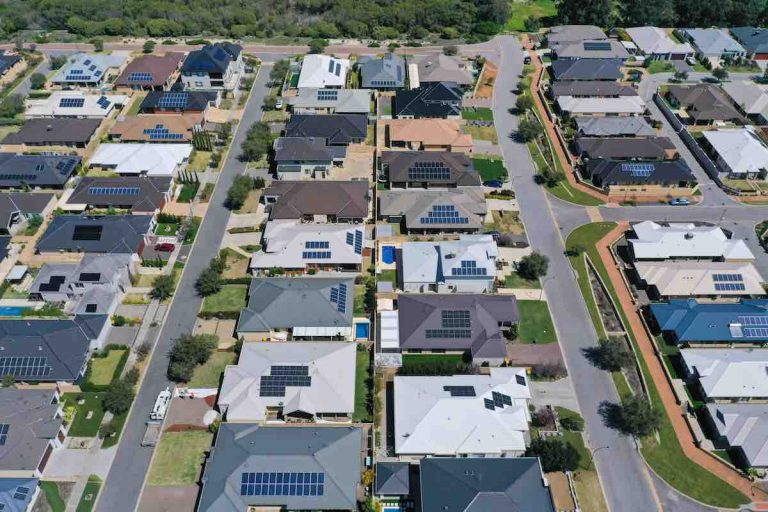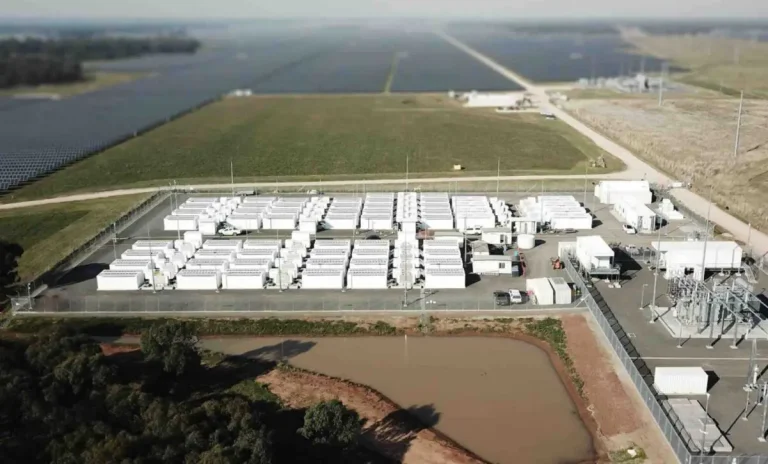Swinburne University Leads Global Solar Panel Recycling Initiative for High-Purity Silicon
Swinburne University of Technology in Victoria is set to lead a groundbreaking $3 million international project aimed at recycling solar panels, with a focus on extracting and reusing valuable minerals. This initiative, known as the Silicon Zero Emission Recycling, Refining and Production programme, has received funding from the Australian government and seeks to explore new techniques for purifying and reclaiming precious materials, particularly silicon, from decommissioned solar panels.
Dr Bintang Nuraeni, a researcher at Swinburne, highlighted the significance of the Si-Zero Research Program, stating, “This is the first initiative of its kind globally. It unites international expertise to create zero-carbon methods for recovering high-purity silicon and other essential materials from end-of-life solar panels, thereby reinforcing the foundation for a sustainable and circular solar industry.”
Leading the Charge in Solar Recycling
Professor Akbar Rhamdhani will head the project, emphasising the necessity for high-grade silicon in the production of new solar panels and various technologies. He explained that traditional methods involve using carbon and extremely high temperatures to convert raw silica into metallurgical-grade silicon, a process that is both energy-intensive and time-consuming. “Recycling can bypass this,” he noted.
However, recycling itself presents challenges, often demanding significant time and energy, and the silicon retrieved from solar panels must be refined to an exceptional purity level of up to 99.99999 per cent. To address this, Professor Rhamdhani and his team are innovating a process that utilises robotics for bulk operations, powered by renewable energy sources.
Addressing the Growing Solar Waste Crisis
Australia is poised to become one of the largest contributors to solar waste globally, with projections estimating one million tonnes by 2050. As the country boasts the highest number of solar panels per capita, many of the early installations are now reaching the end of their operational life, highlighting the urgent need for enhanced recycling solutions.
On a global scale, solar waste is anticipated to reach 78 million tonnes by 2050. India, which is also part of the Si-Zero Research Program through the Indian Institute of Technology, Hyderabad (IIT Hyderabad), is expected to exacerbate the global solar waste challenge, with estimates suggesting that its cumulative solar waste could surpass 19 million tonnes by 2050 if not properly managed.
The project also includes contributions from researchers at Indonesia’s National Research and Innovation Agency (Badan Riset dan Inovasi Nasional, BRIN) and Universitas Gadjah Mada (UGM), as well as the Sadoway Labs Foundation in the United States. Additionally, the initiative will support the education of 10 PhD students and five research fellows across the participating countries.
